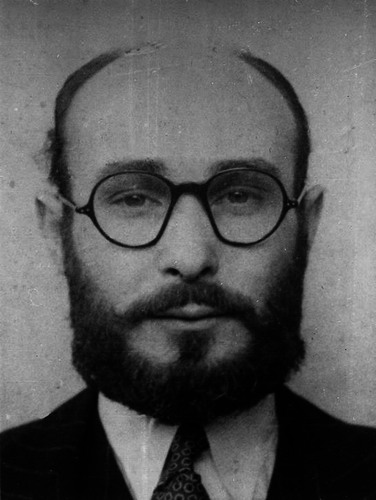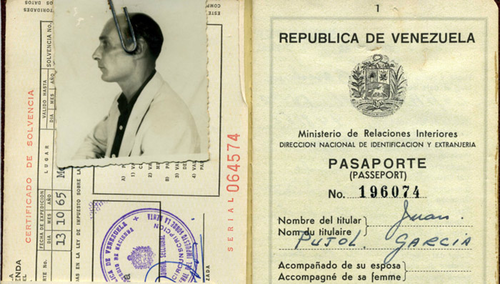Noiser
How a Spanish Chicken Farmer Became One of the Most Successful Double Agents in MI5’s History
Play D-Day: The Tide Turns 1. The Spy Who Fooled Hitler
The best spies are always the people you’d least suspect.

In 1941, two years into World War II, Juan Pujol was a humble chicken farmer from Barcelona. He was also a deeply principled pacifist who despised the fascist regimes of Adolf Hitler and Francisco Franco. He couldn’t sit idly by while these violent dictators ravaged Europe. So he decided to do something drastic: he went to the British embassy to offer his services as a spy.
But the British weren’t interested. After all, at 28, Pujol had failed at nearly everything he tried. He’d been a lousy student, an even worse soldier, and had run an impressive number of business ventures into the ground. But Pujol was determined: espionage was one thing he would not fail at.
If the Allies didn't want him as a regular agent, perhaps they would as a double agent. He made a second bid for recruitment with the German intelligence service, thinking the British would take him more seriously once he gained their confidence. The Germans accepted Pujol as an asset but required him to send intelligence reports from London. Pujol assured them he could, but he actually operated from Lisbon, Portugal, sending fabricated reports about his supposed activities in Britain.
This was nonsense, the stuff he was sending. He said Scottish men would do anything for a litre of wine.
Joshua Levine is the author of Operation Fortitude: The Greatest Hoax of the Second World War
Impressed by his tenacity, MI5 eventually recruited him and gave him the codename "Garbo." They housed him in Hendon, where he and his handler created a network of fictitious sub-agents who supposedly fed him secret information to pass on to the Germans. He even "killed off" some of his "informants", planting fake obituaries in British newspapers. The Germans were so deceived they sent condolences to these fake informants’ widows.

Pujol also played a crucial role in the D-Day deception plot, Operation Fortitude, convincing the Germans that the main Allied invasion would occur at the Pas de Calais rather than Normandy. Using his network of fictional agents, Pujol fed the Germans false information about the timing and location of the invasion. This misinformation led them to believe that the Normandy landings were a diversion and that the main assault would come at Calais. Consequently, tens of thousands of German troops were kept in Calais, awaiting an invasion that never came. Even by the end of June, twenty-two German divisions remained there, ready to face an army that didn't exist.
After the war, in 1949, Pujol travelled to Angola, where he faked his own death, fearing reprisals from Nazis. He later resurfaced and moved to Venezuela, living quietly until he died in Caracas in 1988.